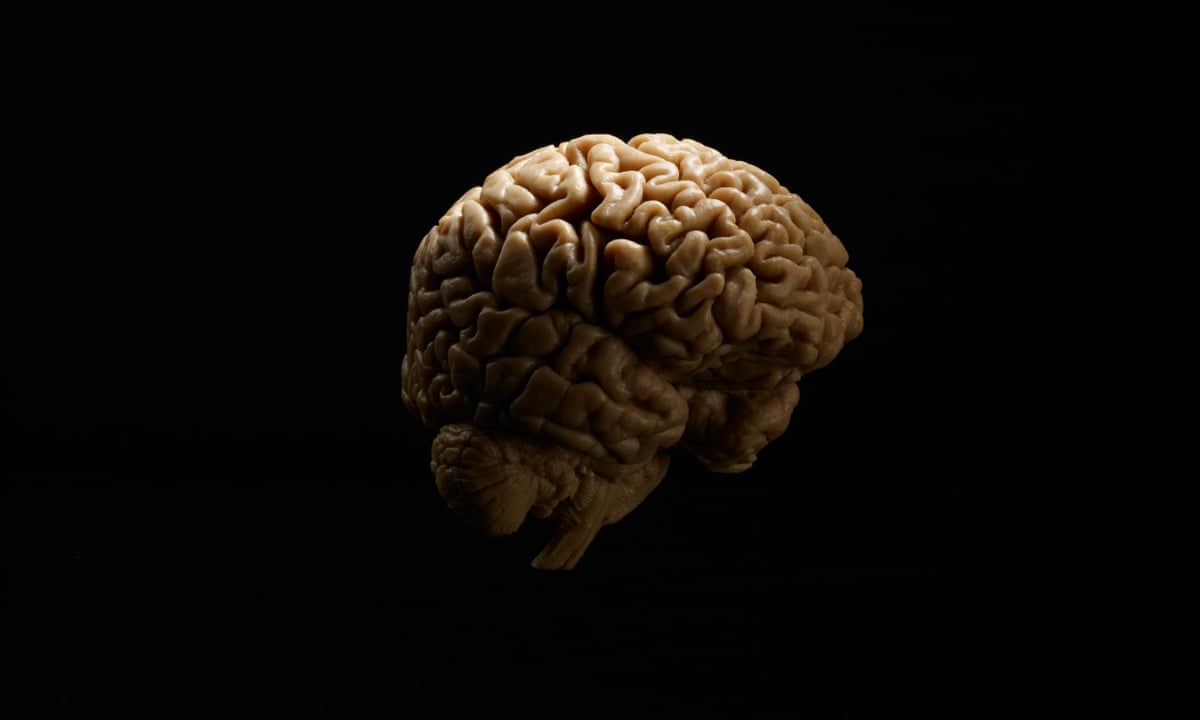A group of researchers at the University of Oslo examined the genetic and neuroimaging data of more than 45,000 American and European people to get a deeper understanding of cortical folding patterns.
In their newest study released in Science Advances, the research group uncovered genetic variation linked to the folding patterns, comparing what they found with the findings on cortical surface area and thickness.
“The folding of the human cerebral cortex is a highly genetically regulated process that allows for a much larger surface area to fit into the cranial vault and optimizes functional organization,” according to the Oslo research group.
“Sulcal depth is a robust yet understudied measure of localized folding, previously associated with multiple neurodevelopmental disorders.”
The findings are said to be of the first genome-wide association study involving sulcal depth, with more than 800 genome-wide significant loci identified.
The research group’s examination of the genetic and neuroimaging data led to the conclusion that cortical folding involves a more intricate association with certain genes than previously thought.
Upon comparing the cortical thickness and surface area through the neuroimaging data, researchers determined that sulcal depth involved “higher locus yield, heritability, and effective sample size.”
“There was a large amount of genetic overlap between these traits, with gene-based analyses indicating strong associations with neurodevelopmental processes,” the findings say.
“Our findings demonstrate sulcal depth is a promising neuroimaging phenotype that may enhance our understanding of cortical morphology.”


